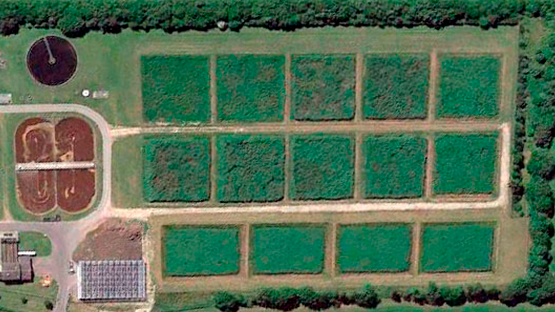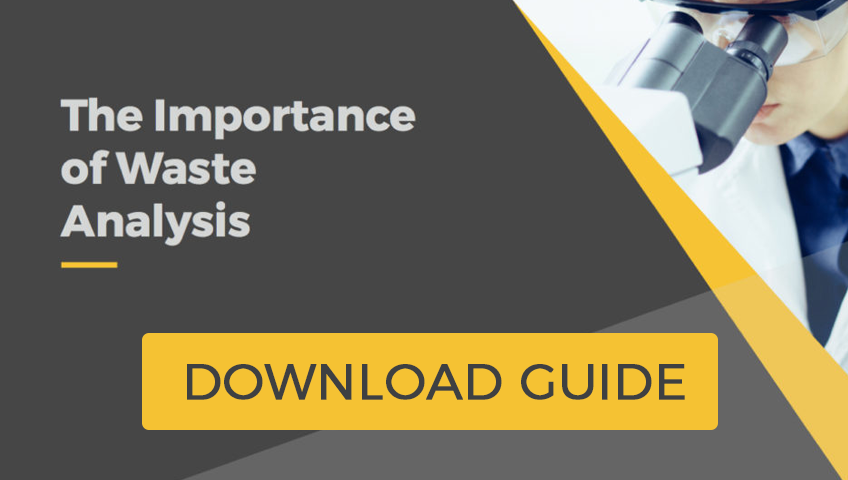
Reed Bed Disposal
Challenge
A client of ours who operates within the wastewater industry had a large volume of waste arising from the removal of reed beds on multiple sites across the UK. There were two waste types arising from the works, one being the gravel situated at the bottom of the filter and the other being the mixture of vegetation and dredging spoil which due to the organic matter residing within it had the potential to be hazardous, so of course waste analysis tests where required.
The work needed to completed promptly and the collection times needed to be flexible in order to work around the varying volumes of waste being removed each day.
Solution
Various samples were taken from the reed beds and sent of for testing. Fortunately the results showed that while there was dissolved organic carbon in the waste, the concentrations did not reach the WAC threshold to constitute it being hazardous. A great result for the client.
In order to manage the high volumes of waste and tight timelines we coordinated multiple providers on each site, if one provider let us down we had another at the ready. We assigned account managers to each site who communicated regularly with the operatives on site and orchestrated the individual providers, allowing us to adapt to the varying volumes of waste arising.
Results
Around 5400 tonnes of waste was removed in total across 5 different sites all within a period of 2 months. Due to the steady stream of carefully managed collections the client suffered no delays to their project. The clients environmental team were able to access their waste movement data live through the Trade Skips customer portal ,as well as access all of their relevant duty of care documentation, streamlining their process in turn saving them time and money.


